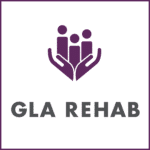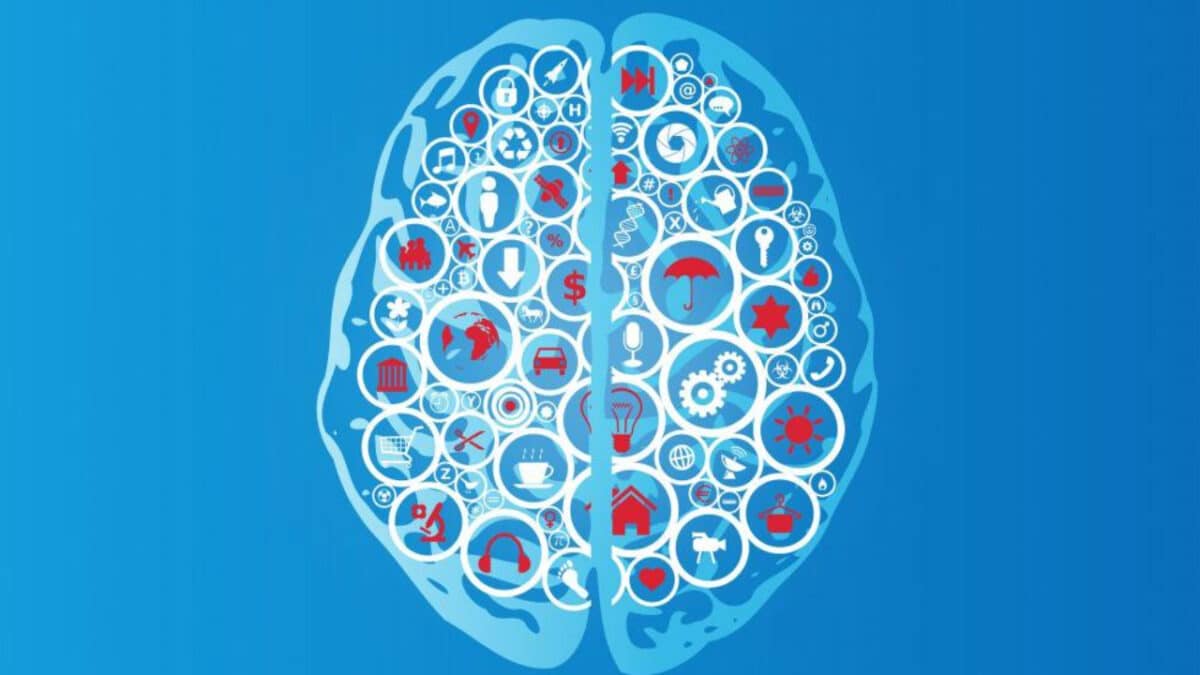In my practice as an occupational therapist I have had the opportunity to work with many clients coping with post concussive disorder. Almost always, clients with this condition will tell me that they are having difficulty paying attention and can’t remember things the way that they used to.
In occupational therapy school we learn about “remedial” and “compensatory” strategies for cognitive rehabilitation.
A remedial approach implies that treatment is aimed at actually improving cognitive functioning in and of itself. For example, using the principal of neuroplasticity, an OT would use memory and attention drills aimed at helping the damaged part of the brain to heal and to relearn skills that were impacted by trauma or disease.
A compensatory approach does not intend to actually heal or repair the brain itself; rather the goal is to find ways to compensate for the deficits. Common examples include using iphone reminder alarms, agendas, post-it notes, etc.
When a client with post-concussive syndrome reports changes to cognitive function, more often than not they will have a CT or MRI scan that does not actually show damage to the brain structure itself. Despite this, again and again memory issues and difficulty with concentration are cited as symptoms of post-concussive disorder.
I’m often left wondering what approach I should use with clients in this situation. How can I use a remedial approach to “heal” the brain when imaging reports aren’t showing actual damage? Could it be that non-pathological factors such as pain, fatigue and anxiety are really what are influencing the cognitive changes? But if I use only a compensatory approach, isn’t there a risk that I am missing out on an opportunity to make real improvements in the client’s cognition, rather than just compensating for deficits?
While the jury is still out on the exact formula to best treat cognitive deficits in post-concussive syndrome, the recently published “Guidelines for Mild Traumatic Brain Injury and Persistent Symptoms” published by the Ontario Neurotrauma Foundation suggests a combination of “compensatory strategies and restorative approaches” when treating cognitive sequelae following mTBI[i].
Moreover, the study suggests that other variables such as pain, fatigue and anxiety contribute to the client’s report of cognitive difficulties.
In my practice with this client population, I almost always provide agenda-use training and advice on how to use a phone to send alerts with important reminders. The client and I will also work to remove clutter from the home environment and to stay organized to reduce environmental distractions.
At the same time, some clients really like drills and pen-and-paper type cognitive activities. They report that it helps them to feel they are taking an active role in their recovery. These are tools that I would typically provide some training with, for example, I might help a client sign up for a membership with an online cognitive rehab program or provide a cognitive work book, but the focus of our therapy sessions would be to provide cognitive strategies that would help the client function better on a day to day basis.
Finally, when working with clients with post concussive disorder I always try to go back to my OT roots. As an OT, I have extensive experience using activity and occupation to treat cognitive deficits. Given the many possible contributing factors to cognitive deficits following mTBI I also try to keep a focus on strategies aimed at improving function, such as energy conservation, goal setting, and activity activation.
The complexities of post-concussion syndrome make it a challenging condition to treat but by using clinical reasoning and maintaining a reflective practice, OTs can provide comprehensive treatment and promote positive functional outcomes for clients with post-concussion syndrome.
If you would like to learn more about GLA and our services, please visit our website.
Written by: Kathryn Decker, MScOT. Reg. (Ont).
Occupational Therapy Team Leader


